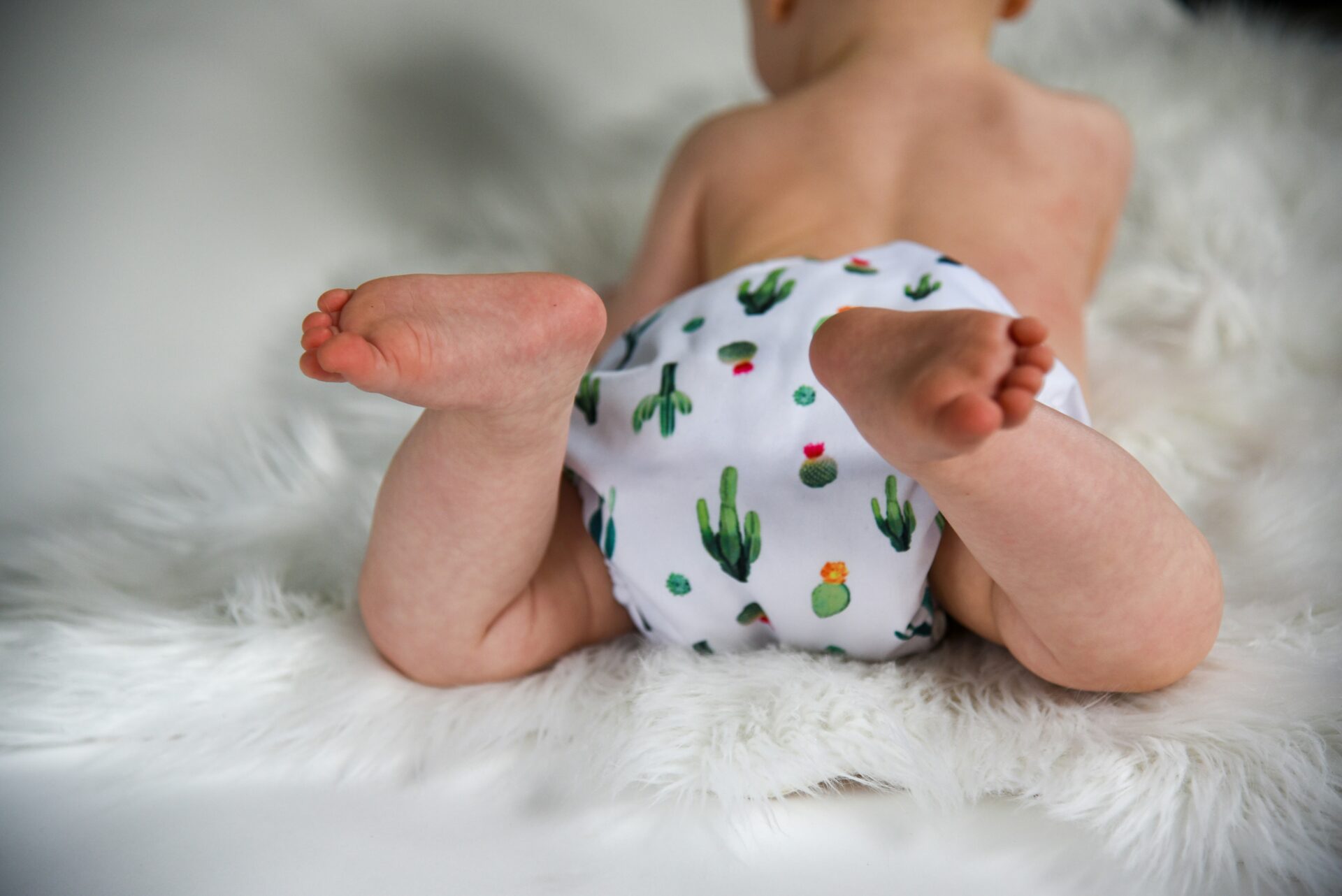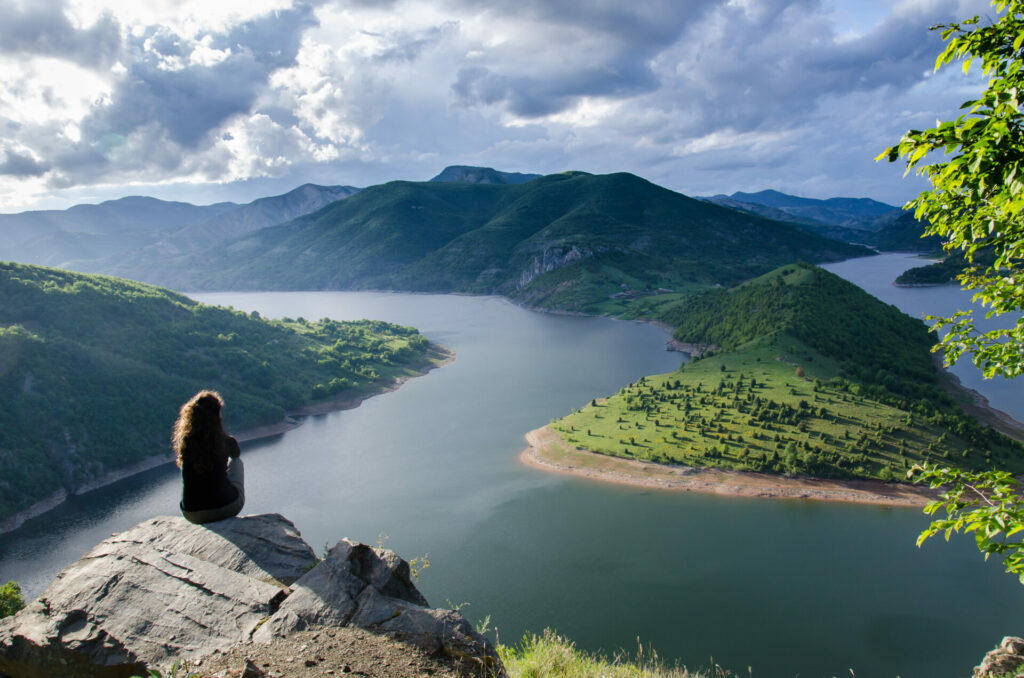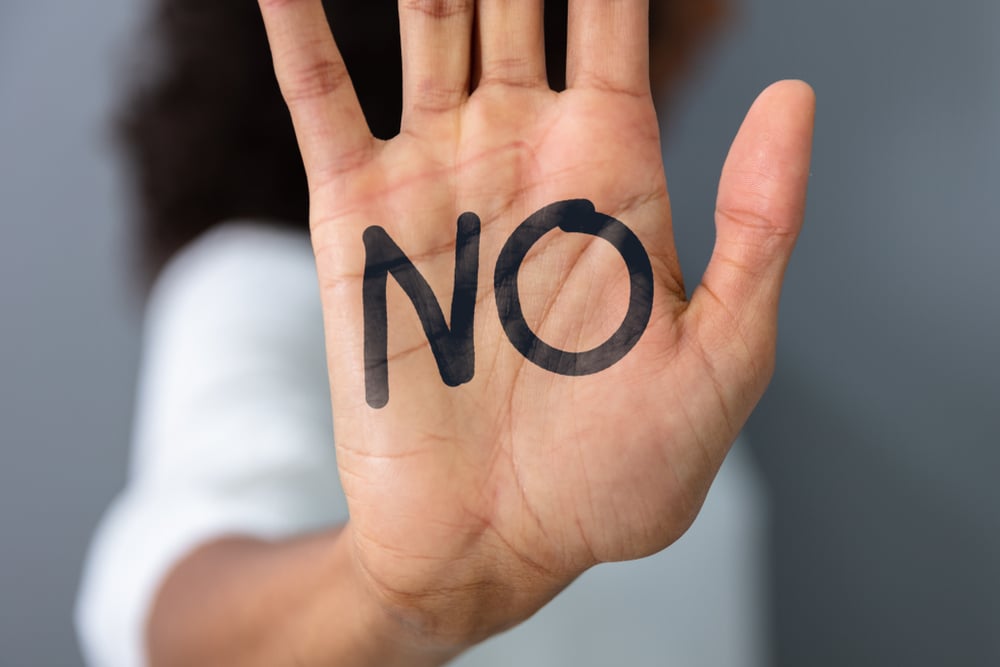Bringing a new life into the world is an incredible, life-changing experience, but it also comes with its fair share of dilemmas, especially when trying to be environmentally conscious. As a new mum, I’ve quickly realised that while some baby products are absolute lifesavers (yes, I’m looking at you, wet wipes), they can also be shockingly wasteful. Welcome to just one of the many hurdles you’ll face on the journey of eco-friendly parenting.
From plastic-wrapped snacks to disposable diapers, the environmental impact of kids is almost unavoidable. According to FirstCry Parenting, a baby can go through up to 1,800 disposable diapers in just six months, not to mention the constant cycle of plastic toys, pacifiers, and outgrown clothes.
Six months in, I keep coming back to the same question: is it possible to raise a baby without adding to the world’s landfills and greenhouse gas emissions? With some effort (and plenty of trial and error), I’ve discovered a few ways to make more sustainable choices, without sacrificing my daily routine.
Here are some of the biggest eco-parenting challenges I’ve faced along with practical solutions to make brining up a baby a little more planet-friendly.
The Challenge: Constantly out-growing toys
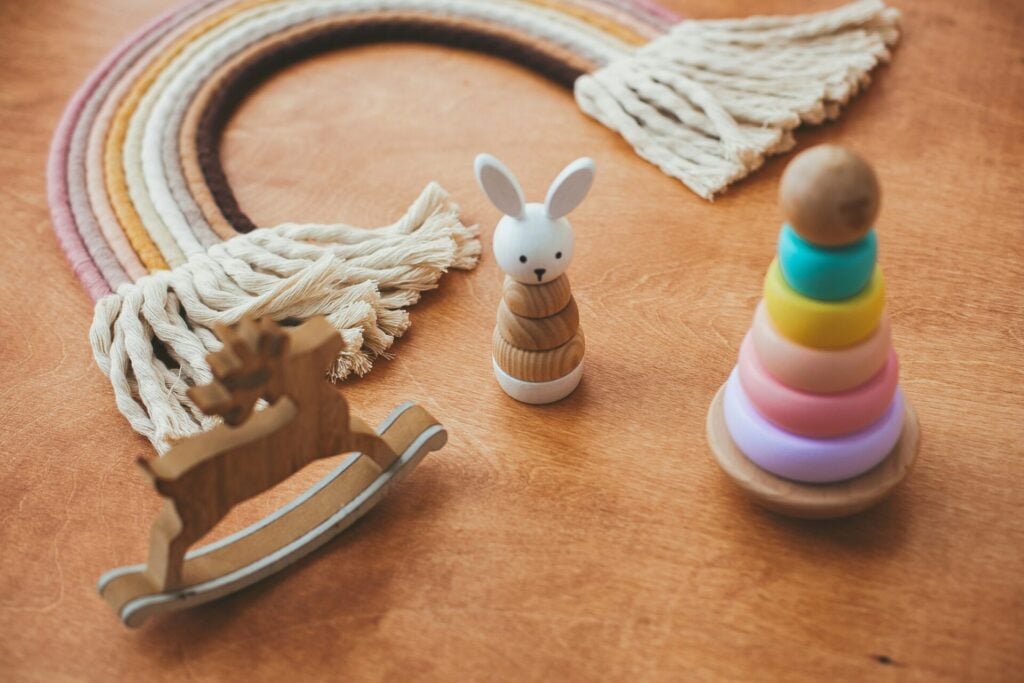
Fascinated one minute, and totally over it the next. Babies can be fickle creatures when it comes to entertainment. Their rapid development in the early months means they need a constant rotation of toys and books, often leading to barely used items piling up.
The Solution: Try a toy rental service
Kiddos Toy Club, a toy rental service in the UAE, delivers a customised bag of pre-loved (and professionally cleaned) toys every month, which you can swap for a new set the following month. It’s a great way to keep your home clutter-free and your baby happily occupied for just Dhs90 per month. Plus, if your little one gets attached to a particular toy, you can buy it at a discount.
The Challenge: Palm oil in milk formula
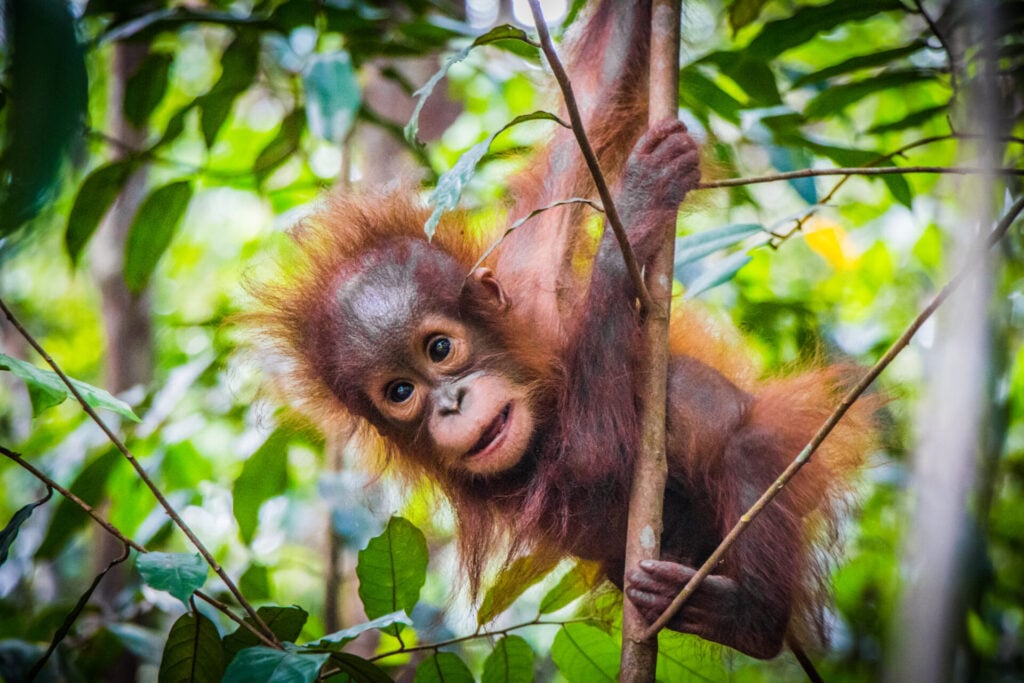
Palm oil is a leading driver of deforestation and climate change, as its mass production destroys the habitats of critically endangered species like orangutans. Found in 50 per cent of supermarket packaged goods from soap to shampoo to spreads, it’s also a common ingredient in baby formula, making it harder to avoid than you might think.
The Solution: Choose a palm oil free or RSPO certified formula
Breast milk is, of course, the most sustainable option, but if that’s not feasible or not your chosen feeding method, then there are palm oil-free formulas like Kendamil available. You can also look for RSPO-certified products, which meet global standards for sustainable palm oil production and help protect both ecosystems and human rights in supply chains.
Kendamil Classic First Infant Milk, Dhs113
Aptamil Advance Infant Milk Formula Palm Oil Free, Dhs101.79
The Challenge: Single-use diapers
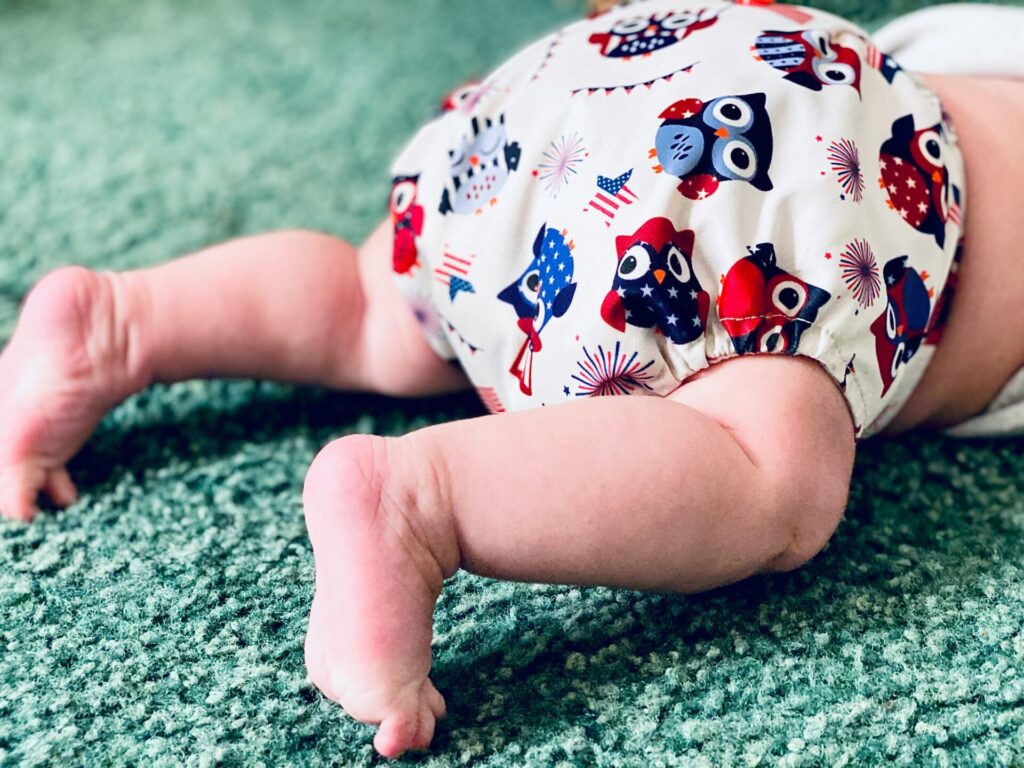
Few baby essentials contribute to landfill waste as much as disposable diapers. The Environmental Protection Agency ranks them as the third most common consumer item in landfills, where they can take up to 500 years to break down. With many mainstream brands containing plastic and newborns going through 8–10 diapers a day, the environmental impact quickly adds up.
The Solution: Plant-based or cloth diapers
Cloth diapers – stay with me here – have come a long way since the ‘60s! Brands like Kit & Kin offer reusable cloth nappies with 12-hour absorbency, meaning fewer changes, and every nappy saves two plastic bottles in landfill. If cloth still feels overwhelming, there are fantastic plant-based and biodegradable options like Terra and PureBorn. These diapers are free from plastic, bleach, and chlorine, offering a more eco-conscious alternative without the extra laundry loads.
Kit & Kin Reusable Cloth Diaper, Dhs135
The Challenge: Food waste and plastic pouches
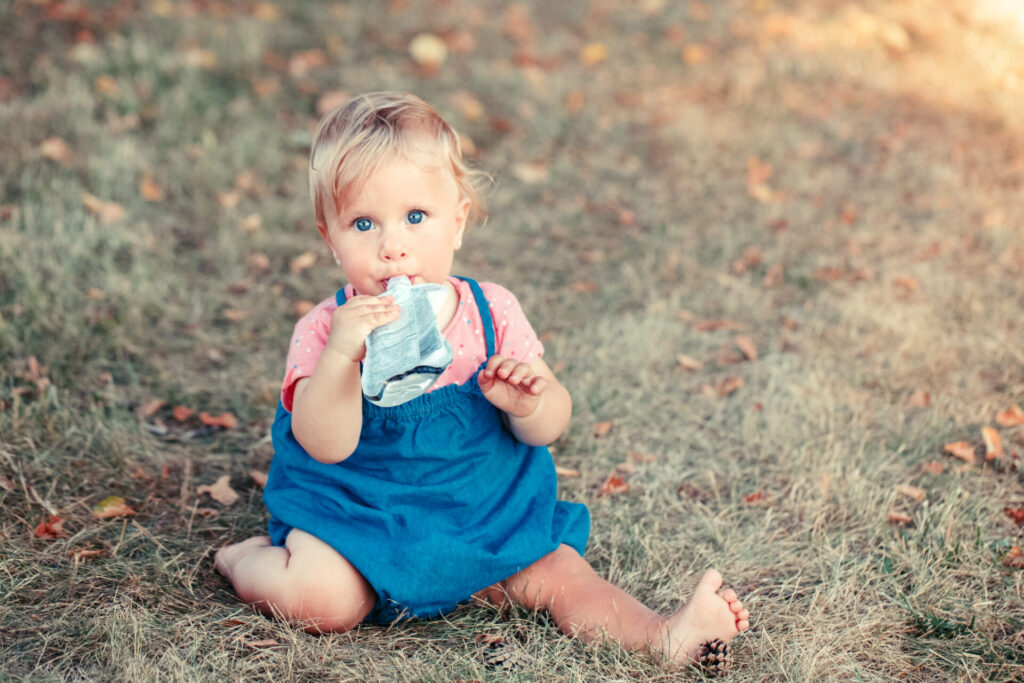
Any parent who’s navigated the weaning stage knows the struggle. Some days more food ends up on the floor than in the baby’s mouth, and when time is tight those convenient plastic purée pouches can be all too tempting. But with an estimated 8 million tonnes of plastic ending up in our oceans every year, mmainly from single-use packaging, those pouches come at a high environmental cost.
The Solution: The freezer is your friend!
Batch-cook veggie purées (saving some for finger foods) and freeze them in silicone ice cube trays or reusable pouches, so you can defrost just one portion at a time. I also freeze orange slices, watermelon triangles, pineapple rings or fruit smoothies, perfect for a refreshing snack that doubles as a soothing teether.
The Challenge: Growth spurts = new clothes!
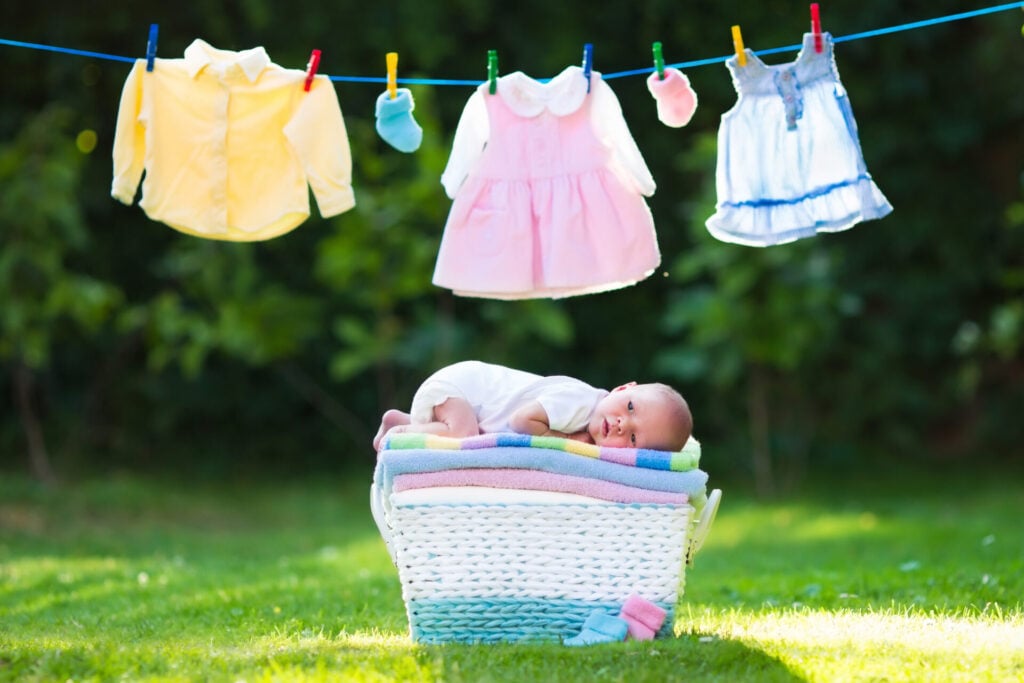
One thing that took me by surprise in the early days was how quickly my baby grew. With so many thoughtful friends gifting adorable outfits, I’m ashamed to admit that some items didn’t even get worn. It turns out I’m not alone. Babies outgrow seven clothing sizes in just their first two years, and in the UK alone, over 183 million items of outgrown baby clothing are stashed away or tossed each year.
The Solution: Pre-loved all the way
Before buying new clothes, I always check with friends or my local community if they’re looking to dispose of any, and the answer is almost always yes! To keep the cycle going, look for local Facebook groups where you can buy, sell, or give away items. Also try Retykle, a new online platform where you can buy and sell quality, pre-loved baby, toddler and child clothes.

